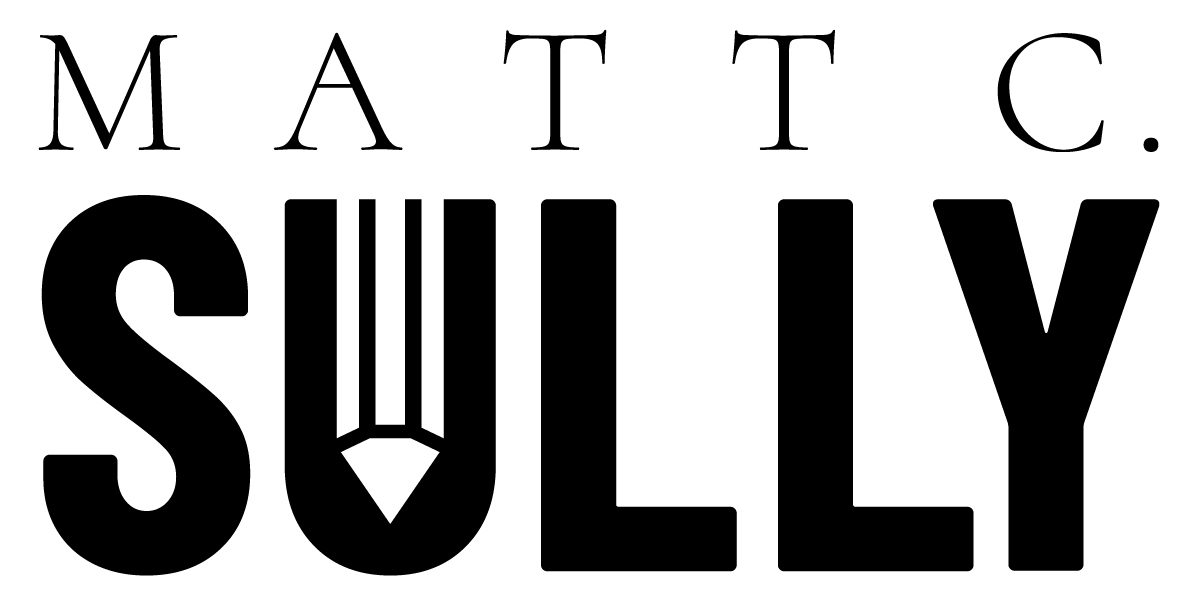
You might think this another post encouraging you to follow your instincts or believe in your work when no one else does. It’s not.
Generic, flowery cat-poster statements like ‘Trust in Yourself’ sound wonderful, but do a disservice to both you and whatever project you’re currently failing. First of all, there’s a lot to consider:
Do you want to be a professional writer, or just write because you enjoy it?
If you’re just having a good time, then don’t change a thing. Finding what brings you joy is difficult, and maintaining that joy is paramount. Don’t risk ruining the very thing that makes you happy by turning what makes you happy into a business. Business isn’t fun.
Do you want to write what sells, or wait until what you write begins to sell (if it ever does)?
Are you willing to conform to styles and trends of the publishing world, which may contradict your original content? In the music world, sour fans refer to this act as ‘selling out,’ and it’s not untrue. The entertainer found what sells and produced it to do just that, but selling out is only a negative for some. The band, which may have never previously found radio time, is now able to reach a bigger audience and achieve sustainability. They can then release an album more like their creative beginnings, though that approach has its own risks.
That same band might continue touring clubs and selling CDs from their van to one day align with public interest, but there’s no guarantee. Conforming, or waiting for the zeitgeist to conform to you still leaves you with the many hurdles of discovery and support. Bands and writers alike may be creating brilliance in the void, never to be experienced by anyone, but such is the pursuit and a return to the first question’s core: Does it make you happy?
The first two questions are broad considerations for why you write, but self-trust is in play for what you write, no matter its intent. Even if you never sell a word, you still ask the question:
“Am I any good?”
Even you bloggers and idea-scribblers of the world wonder if your words have merit, if the time you’re spending at the computer is an investment. You want to know if what you write belongs on the curb or between a supple, leather binding.
As a writer, especially a new writer, you have a lot to learn, and that never really stops. They say it takes 10,000 hours to become an expert at something. Just remember, ‘They’ are also morons. I agree that it takes a lot of time to be good at something, but there are other factors: recognition of what needs improvement, ability to learn and adapt, and a well of natural talent. This last part is where controversy may spring.
I do think people have natural inclinations, grains of our mind and soul that are difficult to cut against. Not everyone will be a talented writer (I don’t discount that even poor writers can sell novels), but writing is a skill that must be improved upon and honed. Whether you have that built-in headwater or continually dig for aquifers, the final form of your creativity requires forethought, craftsmanship, and sacrifice.
Trusting in yourself shouldn’t be about trusting the words that first flow onto the keyboard. Those are malleable objects, pieces which can be moved, removed, and altered. Trust should develop as you improve every aspect of your writing and use feedback as awareness to problems you couldn’t otherwise see. It should exist when, after careful consideration of possible avenues, commit to a direction in your writing, but I don’t know that it should be absolute. Trust shouldn’t become defiance.
You should trust in yourself as a writer when knowing you did everything within your power to best serve the work. The next step is trusting your editor. I’m not there yet, though I look forward to that partnership, and will certainly be writing about it here.
Be sure to Subscribe and follow. Thanks for reading.
